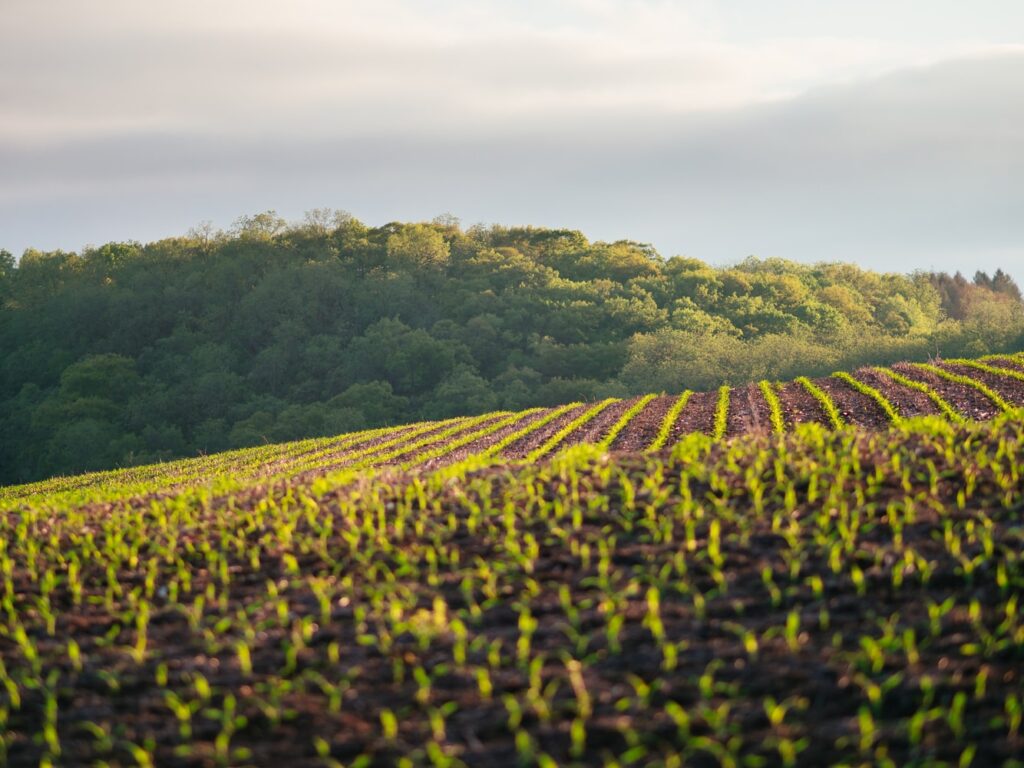If you’re trying your hand at ecological or conservation farming, the variety of available tillage practices is something you should be paying attention to. Some of the aims of ecological farming are reduction of soil degradation and maintenance of soil quality; as outlined by the FAO (Food and Agriculture Organization), one of the most important means to achieve this is via proper tillage practices.
So, does your tillage system ensure soil quality and retain soil strength? If you are practicing tillage with a traditional plow, the answer is no. A regular plow, while capable of tilling the land, is also very harmful to the soil due to the deep level of penetration. Another common practice you may be adhering to is stubble burning; while a useful means of stubble management, stubble burning fails to make use the previous crop’s organic matter, which can be incorporated to improve soil quality.
So, how do you practice tillage while ensuring that your farm is ecologically friendly?
Modern shallow tillage systems
If tillage works only the top inches of the soil it will not reduce the soil integrity, ensuring that there is no soil runoff as a result of rain or watering the seeds. Furthermore, working with a shallow seedbed is one of the best ways to ensure that growing crops get enough sunlight and nutrients. By leaving the subsoil undisturbed, shallow tillage ensures that the vital nutrients in your soil are more likely to stay intact.
Modern tillage systems not only reduce your dependency on herbicides through mechanical weed control, they also break down residue in an efficient manner that allows for quick bio-degrading of the stubble. This returns the nutrients to the soil, enriching it with organic matter. Modern tillage systems are able to combine ecological aspects and farming capacity, allowing for an overall improvement in output and sustainability.
The KELLY Tillage System is a machine that any farmer can adopt into their system to try their hand at conservation tillage practices. It uses the revolutionary disc-chain technology that allows for even and shallow tillage. Furthermore, it is great at breaking down weeds and stubble in a thorough manner, removing the need for additional infrastructure.
So shift to a better farming style that suits you and the environment. With the ongoing ecological crisis, it is important that we all contribute towards conservative forms of farming. The KELLY Tillage System is a vital tool in your arsenal to help in achieving that!
What other steps can you take?
While tillage is indeed one of the largest aspects of ecological farming, there are other practices that you can adopt into your process to make it more environment-friendly.
- Crop rotation
This practice not only helps enrich your soil without the use of excessive fertilizers but also ensures that you have enough yield to see you through the whole year. Crop rotation is a simple practice that involves growing different varieties of produce in-between your usual produce; usually, it takes the form of growing leafy greens between two seasonal crops. Crop rotation also helps reduce pesticide needs by denying weeds the room to grow.
- Reduced use of chemicals
While pesticides and herbicides are easy ways to deal with farming problems, in the long run these tools are highly destructive towards your soil quality and the environment. The less one uses chemical components and the more they rely on natural manures and ‘green fertilizers’ like cover crops, the more ecological their farming process will be.
- Mixed farming
Apart from relying on seasonal crops, you can take a more holistic approach towards farming and pick up agroforestry or livestock farming. Allowing livestock to graze on your farm is a great way of maintaining nitrogen levels in the soil, and gives you a chance to apply a circular economy; you can feed livestock with your crops, and nurture your crops with your livestock manure!
Ecological farming is one of the best ways to ensure that you are giving back to nature, and now it is more important than ever; since the ongoing climate crisis has led towards a state where every individual action matters. So, make sure that your tillage practices are aligned with conservational means and that you are making use of modern systems and methods.


